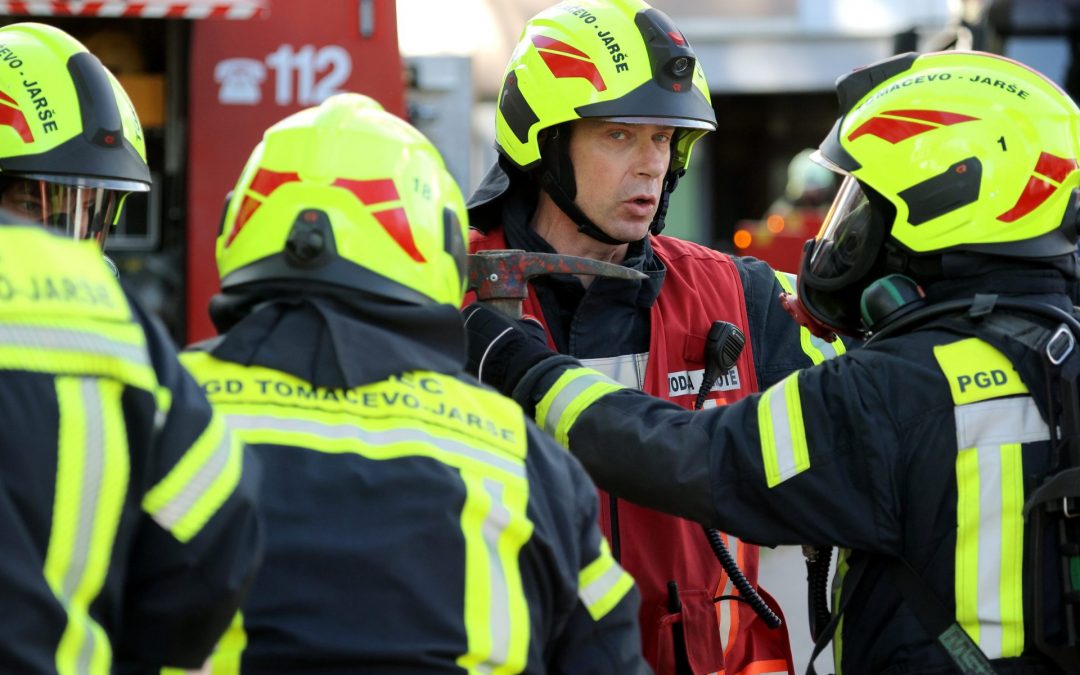Brussels – The vast majority of Slovenians believe that in the event of an accident, the responsible rescue services would respond appropriately to the emergency, according to the findings of the latest Eurobarometer public opinion survey. Unlike EU citizens, Slovenians also trust the information from these services and other disaster response authorities more.
The vast majority (89 percent) of EU citizens would rely entirely or partially on the help of family and friends in the first days of an emergency. A fairly high percentage (81 percent) would also rely on emergency services. In this regard, Slovenians are above the European average. As many as 94 percent of respondents would rely on the competent services, and 93 percent on family and friends.
In the EU, the largest number of respondents (38 percent) feel most exposed to extreme weather conditions or risks associated with the impact of climate change. This is followed by exposure to extreme health conditions (27 percent) and floods (26 percent). At the national level, Greeks (61 percent), Maltese (56 percent), and Slovenians and Hungarians (both 48 percent) feel the most exposed to extreme weather conditions.
Unlike 70 percent of EU citizens, as many as 87 percent of surveyed Slovenians trust the information from public authorities and local disaster response services.
Almost half (49 percent) of Europeans would seek information about disaster risks from national media, while approximately one third would prefer to choose regional media (36 percent) or emergency management services (33 percent) as their source.
Slovenians are below average in this regard. 39 percent of respondents would rely on national media, and an equal percentage would choose family and friends as their source of information. (October 1)
 go to the original language article
go to the original language article
